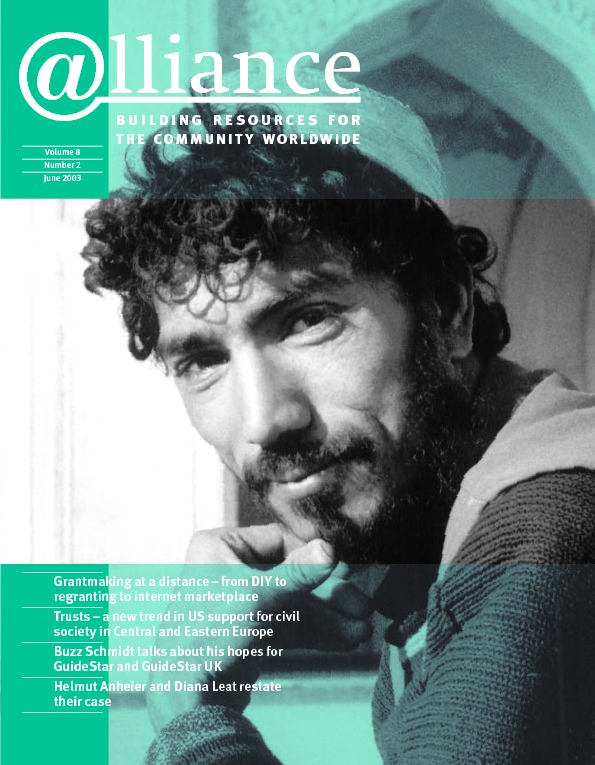This book is one of a series investigating how various secular and religious traditions deal with ethical pluralism. Organized by the Ethikon Institute, it contains 11 academic essays on topics such as feminism, critical theory, natural law, equality, liberalism, and different religious perspectives.
In the introduction, the editors make the obvious point that western democracies lack consensus on many ethical issues. Different groups have different answers to questions like: ‘What is the good life, what is the source of truth and meaning, and what are our obligations to one another?’ Although diversity is good, there has to be some element of cohesion or the centre cannot hold.
The conflict between diversity and cohesion goes to the heart of a civil society debate already complicated by the fact that civil society comprises both ‘the realm of natural affections and sociability’ (Adam Smith) and the realm where the person ‘acts as a private individual, regards other men as a means, degrades himself into a means and becomes a plaything of alien powers’ (Karl Marx). Contradiction in civil society writings has been the norm ever since David Hume tore apart the Scottish Enlightenment’s utopian view that moral sentiment could be based on reason.
Adam Seligman says that such contradiction merely reflects the reality of modern existence and civil society cannot resolve it. Anne Phillips agrees, suggesting that feminist theory has gained little from the idea of civil society. Many religious philosophies have developed without a strong sense of it. The best case for civil society is made by Michael Walzer, who develops a theory of voluntary association in favour of progressive social, economic and political society.
The book is stimulating, interesting and enjoyable. One frustration is that most contributors develop theory divorced from experience. As a result – with the notable exception of Michael Walzer – contributors have little to offer practical people who are trying to improve voluntary association as a means of enhancing society.
Practical people are often similarly blind to the possibilities that theory offers. As an example, I quoted John Locke during an international civil society meeting last week and was immediately branded (correctly) as an eccentric. The debate on civil society must do more to integrate theory, policy, practice, empiricism and evaluation.
Barry Knight is Secretary of CENTRIS. He can be contacted at Centris_org@mac.com
Alternative Conceptions of Civil Society
Simone Chambers and Will Kymlicka (ed) Princeton University Press $17.95 /£12.95
To order, visit http://pup.princeton.edu/titles/7212.html



Comments (0)